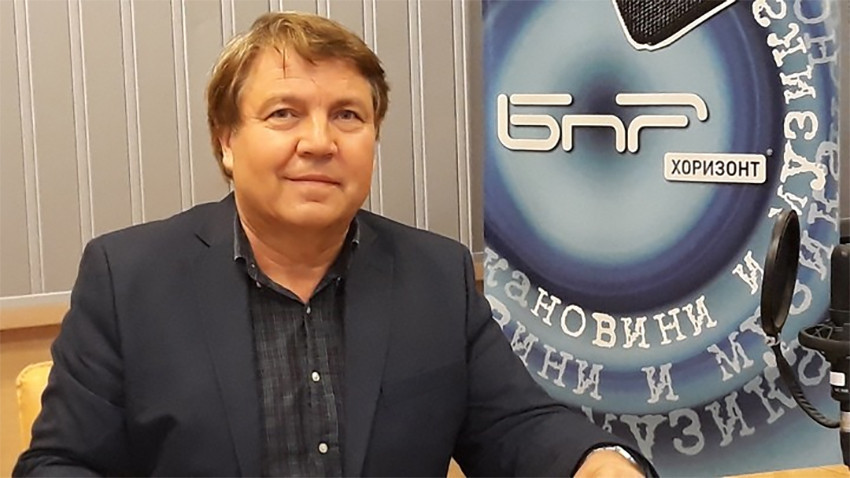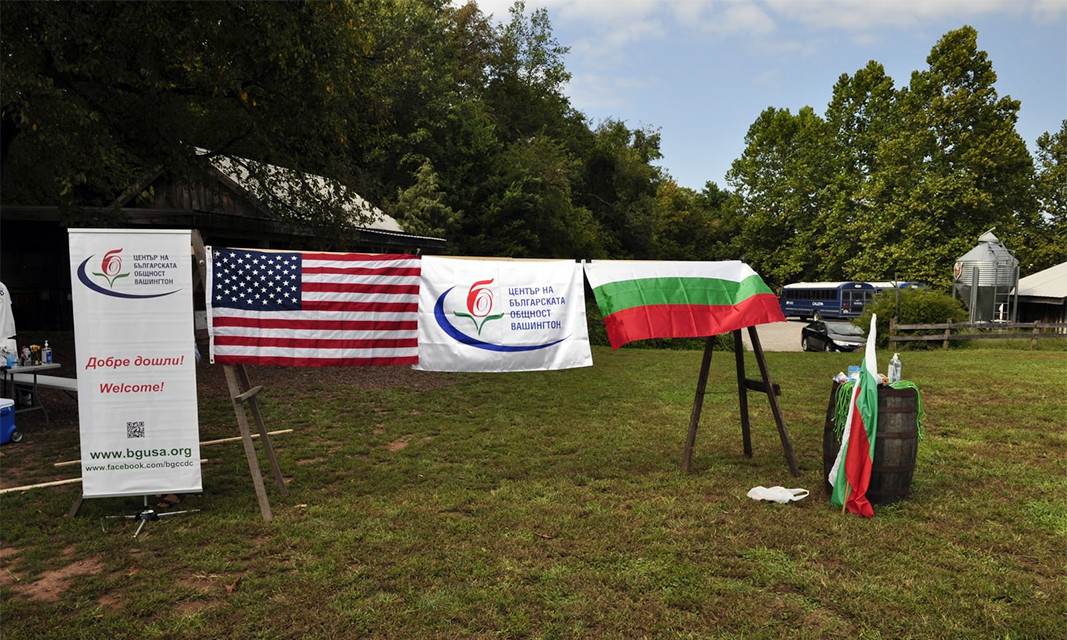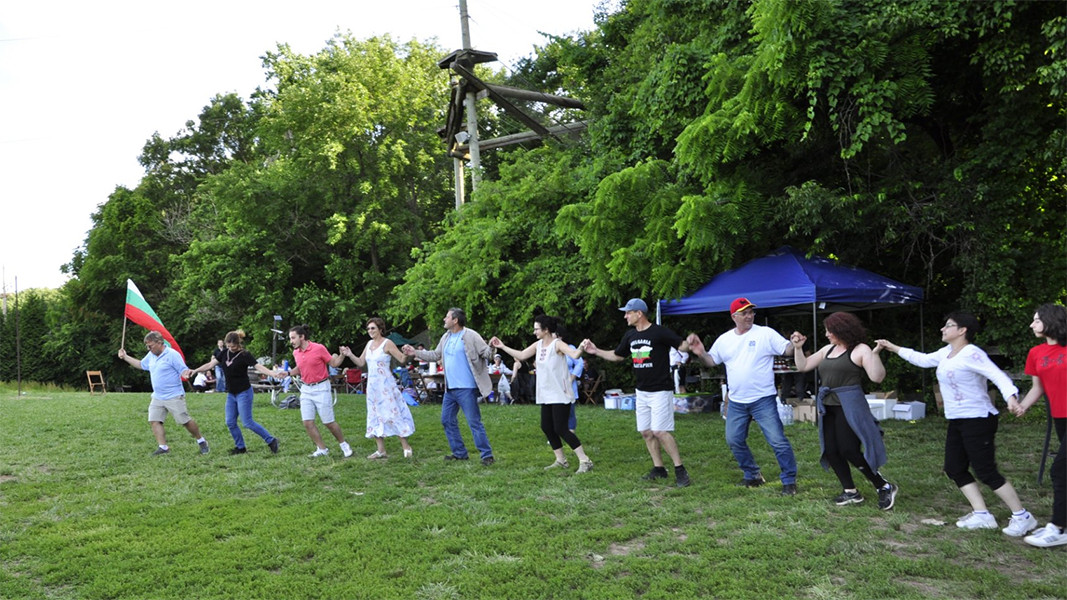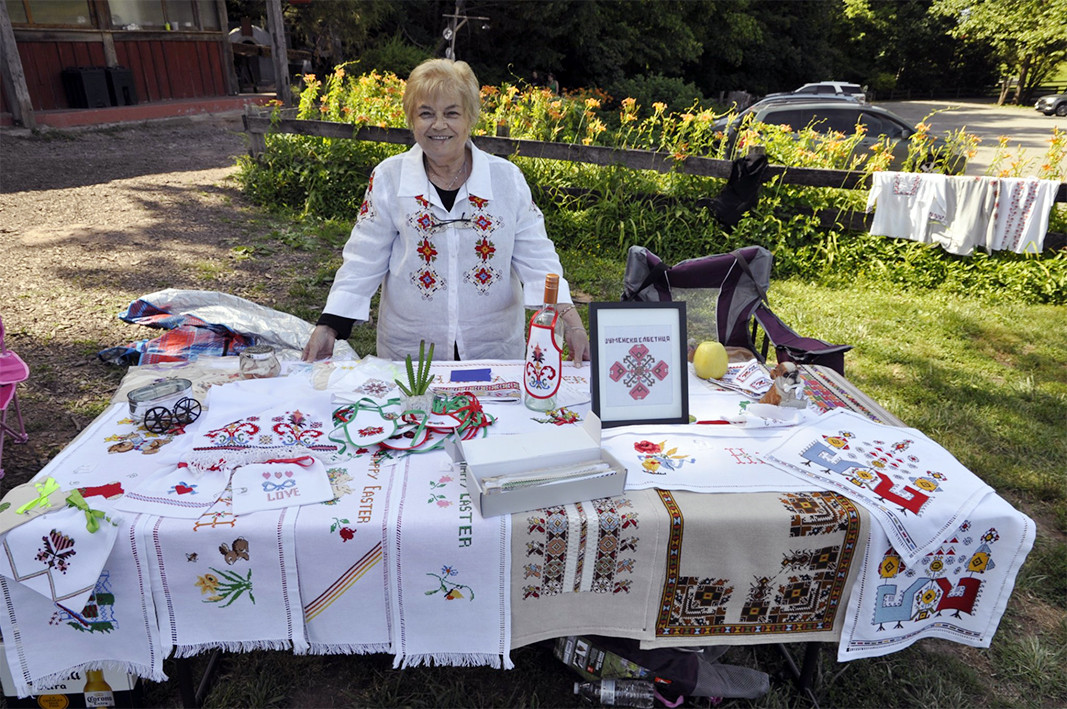We share a common sadness for our homeland, says Prof. Dr. Assen Asenov, who lives in Washington, DC, and who has dedicated himself to the study of Bulgarians abroad. After the democratic changes in Bulgaria, the wave of immigrants to America brought many Bulgarian professionals to the country, including himself."This is a great tragedy for Bulgaria and a great gift to the United States," says Prof. Dr. Assen Assenov. There are no exact statistics on the number of Bulgarians who have settled in the US, which is, among other factors, due to the fact that they are scattered throughout States, but also to the legislation of both countries.
"The challenge is to determine who is Bulgarian in the first place. If a child is born to Bulgarian parents in the USA, American law considers him an American, while Bulgarian law treats him as a Bulgarian only if he has applied for Bulgarian citizenship - explained in an interview for Radio Bulgaria prof. Assenov, who is among the founders of the Bulgarian Community Center in Washington, D.C. - According to some estimates, there are over 400 thousand Bulgarians in the U.S., which I think is too many. Officially, it is believed that they are between 120-130 thousand people, but it is more likely about 250-300 thousand. For the Washington area (about 100 km around) I think we are about 10-15 000 people.“
In addition to being dispersed, the community is also very diverse in its interests and expertise.

"At the end of the 1990s, thousands of Bulgarians came to the USA and one of the things that united us was the lost connection with our homeland, with friends, with culture, with language. Around the year 2000, the Internet was not yet so advanced that we could watch Bulgarian television, Bulgarian films and have a more direct connection with our homeland. Telecommunications were quite expensive and limited. The face-to-face encounters of the immigrants who came here, stressed by the lack of contacts, professional development and recognition, became one of the reasons we created the Bulgarian Community Center for the Greater Washington, D.C., Area," Asenov recalls. Then came the folk ensemble Lyuti Chushki (Chili Peppers - ed.) with vocalist Tzvety Dosseva, kaval player Valeri Georgiev and other musicians who kept the Bulgarian spirit alive. There were between 30 and 40 children in the school then, and I will never forget the energy with which the enthusiasts who embraced this cause created the school."

The Bulgarian Community Center, opened in 2002 with the assistance and financial support of many compatriots - doctors, musicians and lawyers who have become its socio-economic core, organizes 12 film festivals, 14 annual Bulgarian gatherings that unite Bulgarians - from babies to adults over 90 years, numerous concerts of Bulgarian singers and dance groups.

"The idea is that these people come to our events, make contacts, preserve our culture. What's more, they work and live among Americans and we hoped that they would invite their friends to come and learn about our rich culture, the music and dance, the history, the cuisine - to see the universe of the Bulgarian soul. This has been the mission of the Bulgarian Community Centre for 23 years", explains Prof. Dr. Asenov.

The Bulgarians from Washington also took part in the World Culture Festival, which was held in the American capital at the end of September, and together with other folklore groups from the United States, with bagpipers and kukuers from Bulgaria, they presented the different folklore regions of our country.
In addition to playing an active public role in this community, Assen is a distinguished economist. "In the late 80s and early 90s, I was a lecturer at the University of National and World Economy in Sofia, but the slow pace of the transition to democracy and my desire for professional development prompted me to come to the US," he explains his reasons for choosing to live overseas. - In 2006, I became a visiting professor at the American University in Washington. - My main research work in the last 6 years has been at the National Institutes of Health in the US, where I work as an economist and can say that it is the best funded and known institute for biomedical research. It has researchers from all over the world, including Bulgaria. My task there is to prepare financial analyses and estimates of the potential impact of all the investments of the US government in biomedical research."
Employment in the services sector is increasing, while demand for labor in sectors such as agriculture and industry is decreasing. Data from the National Statistical Institute reflect this trend, typical for the first quarter of the year. During the..
Southern Park 2 (behind the Earth and People museum) in Sofia is hosting the 5 th edition of the Asian festival dubbed “United in diversity”. The event – the result of the concerted efforts of the diplomatic missions of China, Indochina, the..
Romgaz drops lawsuit against Greenpeace - Romania On June 11, just before the first hearing in a case that aimed to dissolve Greenpeace - Romania, Romgaz withdrew its lawsuit against the environmental activists, Greenpeace - Bulgaria..
A delightful town, Pazardzhik, lies just 37 kms. from Bulgaria’s second biggest city, Plovdiv, and about 100 kms. to the Southeast of the country’s..
The Consulate General of Bulgaria in New York is opening its doors to interns and volunteers who want to gain a realistic idea of the diplomatic..
This year, Dilmana , a folklore dance group formed by our compatriots in Copenhagen, will visit Bulgaria for the first time to take part in the Na Armane..

+359 2 9336 661
